News
10 Common Goods Facing U.S. Regulations

Across the U.S., once-common products are being reevaluated. New research, health concerns, and environmental impact have pushed lawmakers to act. As a result, items that once felt routine are now banned or fading fast. Here’s a closer look at what’s being left behind and why.
Plastic Grocery Bags
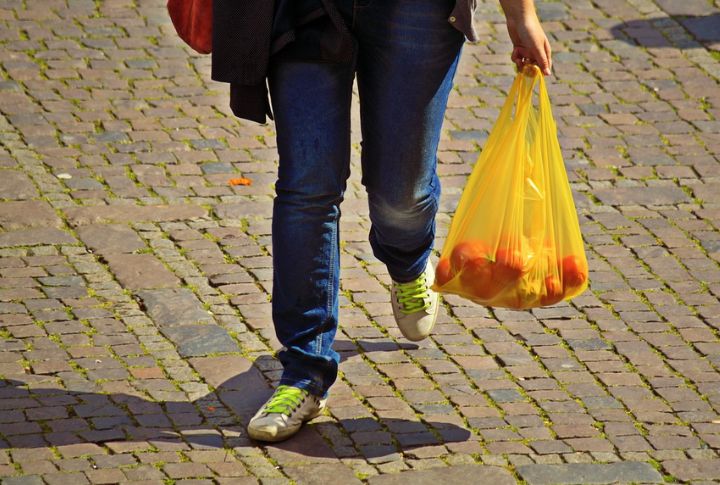
Because of their environmental threat, such as harm to marine life, single-use plastic grocery bags are banned in states like California, New York, and New Jersey. These bags contribute significantly to landfill buildup and ocean pollution. In response, retailers now provide reusable alternatives to customers, which consist of cloth bags and biodegradable bags.
Single-Use Straws
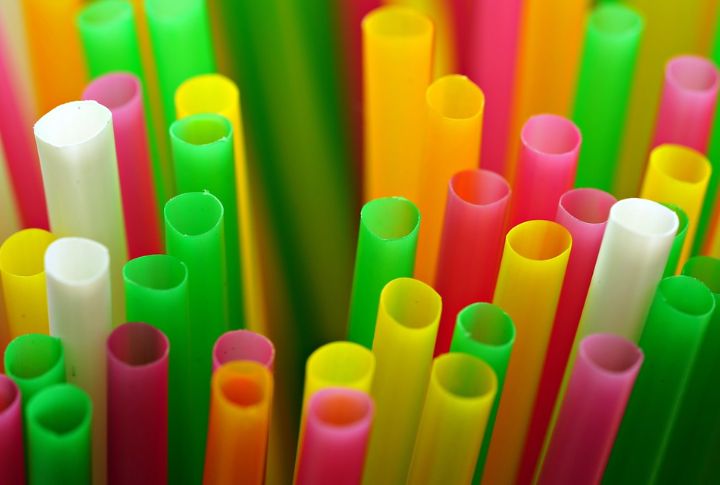
Plastic straws have been banned in several major cities, including Seattle and San Francisco, as they take 200 years to degrade and break into microplastics that harm ecosystems. Additionally, non-recyclable plastic straws contribute to marine contamination that damages aquatic life and waterways. So, businesses have now switched to paper or reusable straws.
Incandescent Light Bulbs
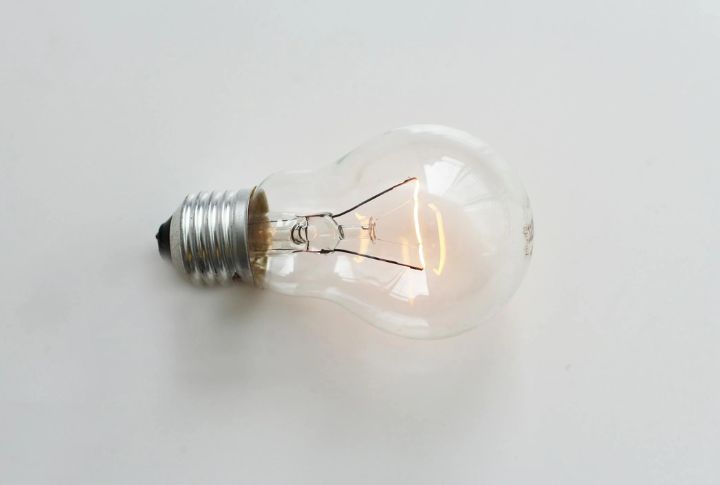
Incandescent light bulbs are being phased out due to new federal efficiency standards. These bulbs are less energy-efficient and produce more heat than LEDs. While numerous consumers have already switched to LEDs, those who still prefer the warm glow of incandescents will find them increasingly difficult to obtain as regulations expand.
Flavored Nicotine E-Cigarettes
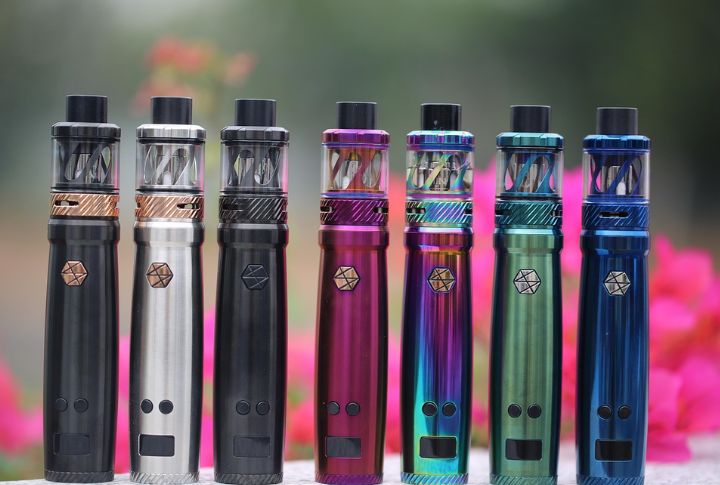
The restriction on flavored vapes in states like California and Massachusetts aims to curb youth’s nicotine addiction. Although tobacco and menthol flavors are still permitted, further restrictions are being considered. As a result, vape companies are increasingly supplying nicotine-free products to meet changing consumer preferences.
Gas Stoves In New Construction

Gas stoves are being phased out due to concerns over indoor air pollution and climate impact. Cities like New York are now banning them in new buildings and favoring electric alternatives. Additionally, gas stoves emit nitrogen dioxide, which irritates the lungs, and leak methane, a potent greenhouse gas linked to global warming.
Synthetic Turf Grass

Once praised for saving water and cutting upkeep, synthetic turf is now banned in parts of the U.S., especially California. Concerns over PFAS, also known as forever chemicals that do not break down and may harm health, have driven the shift. In Los Angeles, city officials, environmental groups, and local residents cite soil and water pollution in pushing for restrictions.
Red Dye No. 3
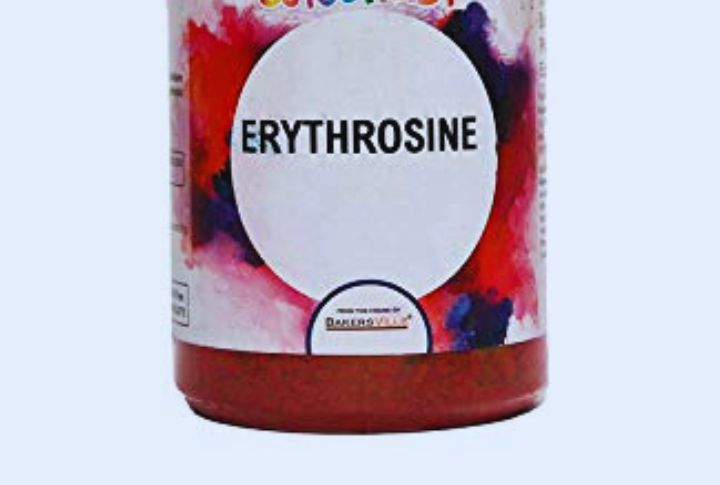
Red Dye No. 3, also known as erythrosine, has been used in food for over a century, despite concerns that it can disrupt thyroid hormones and affect health. Originally developed in 1876 by Swiss chemist Karl Kussmaul for use in textiles, the substance was banned from cosmetics in 1990. Its use in food products was officially discontinued in January 2025.
Gas-Powered Lawn Equipment
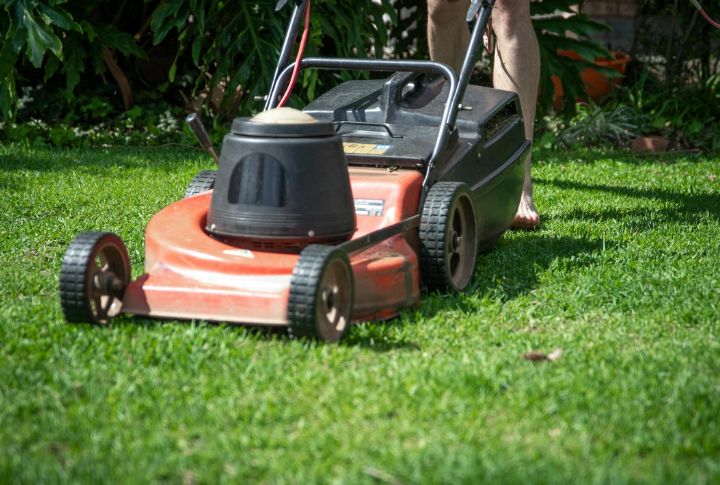
Several states, including California, are phasing out gas-powered lawn mowers and leaf blowers due to pollution and noise concerns. Some cities have even banned their use entirely, while others regulate operating hours. Retailers are shifting inventory toward battery-powered alternatives, which makes gas models harder to find.
Raw Milk Cheeses Aged Less Than 60 Days
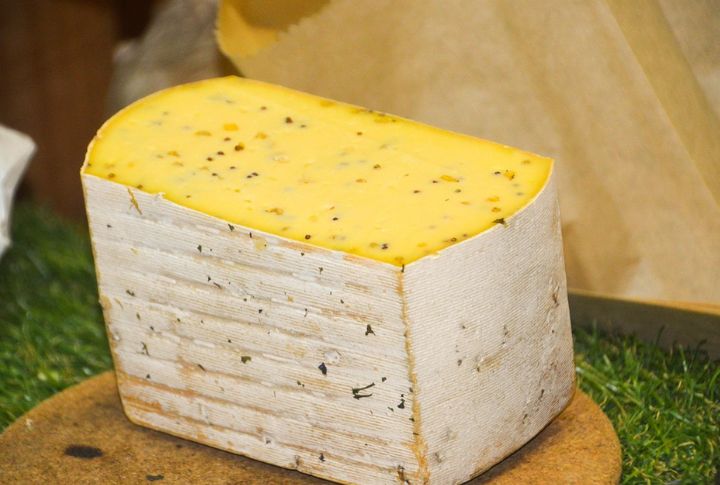
Under FDA rules, raw milk cheeses in the U.S. must be aged at least 60 days to reduce harmful bacteria like Listeria monocytogenes. Critics say the rule compromises traditional cheese flavors. Especially when Europeans enjoy younger raw milk cheeses like Brie and Camembert, while Americans rely on pasteurized versions or aged imports.
Certain Sunscreens
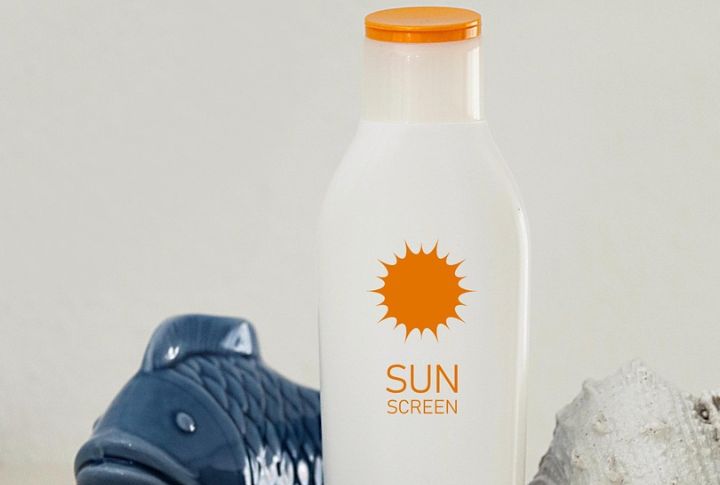
Several sunscreen brands were banned in places like Hawaii and Key West because they contain oxybenzone and octinoxate, which harm coral reefs. Brands like Banana Boat and Hawaiian Tropic have adjusted formulas. However, some versions may still contain marine pollutants, so buyers are urged to check labels before purchasing.

